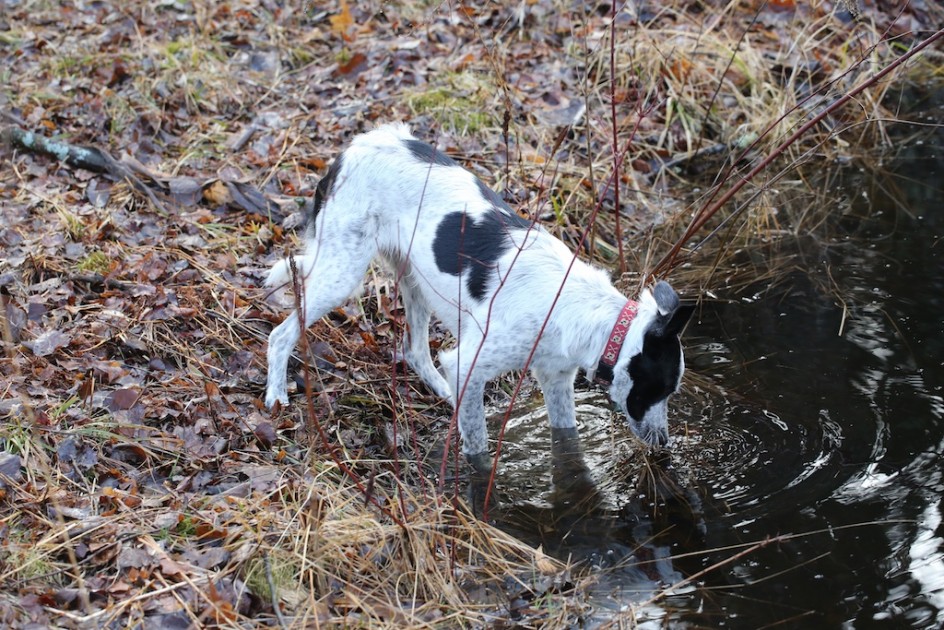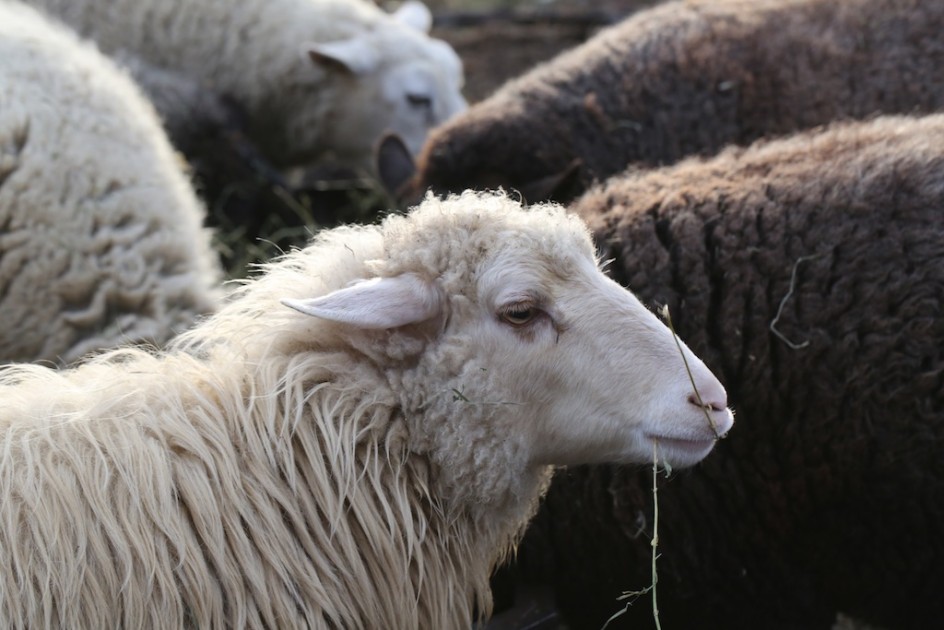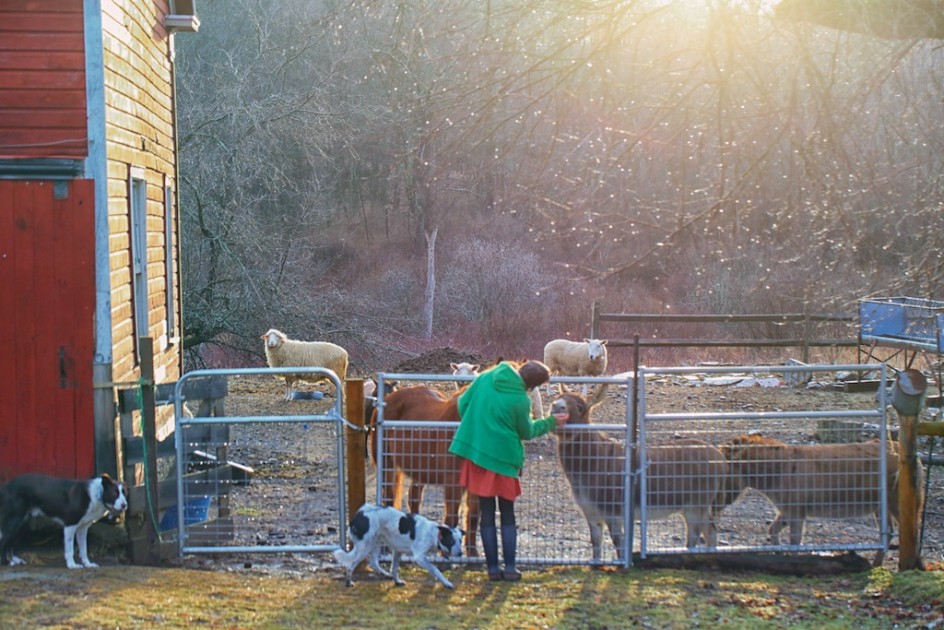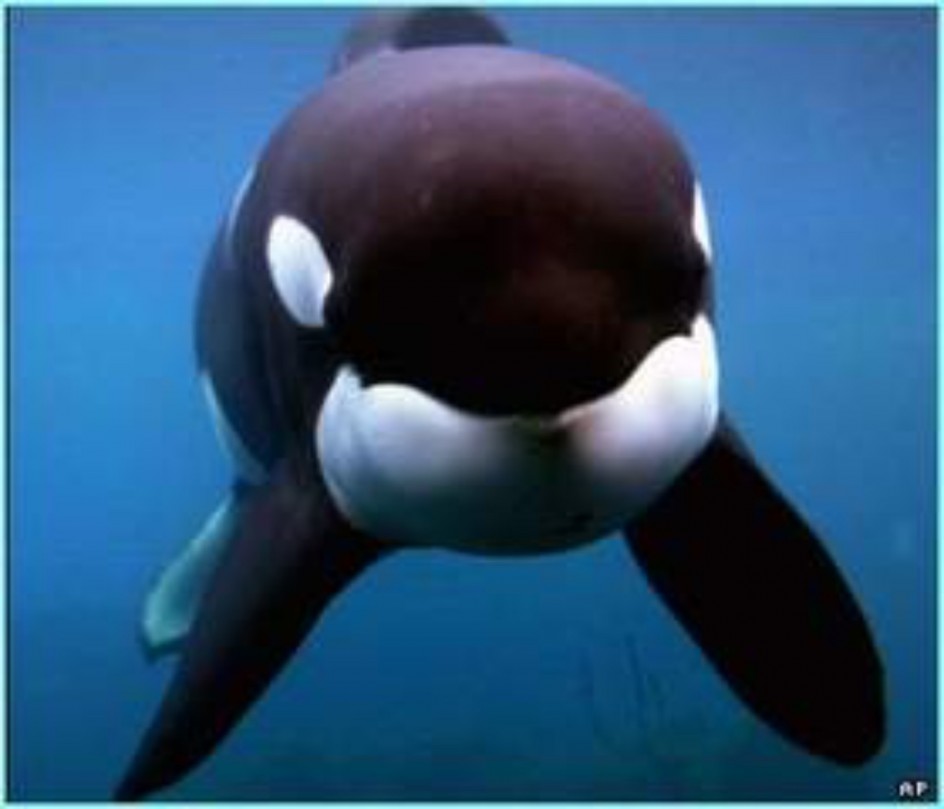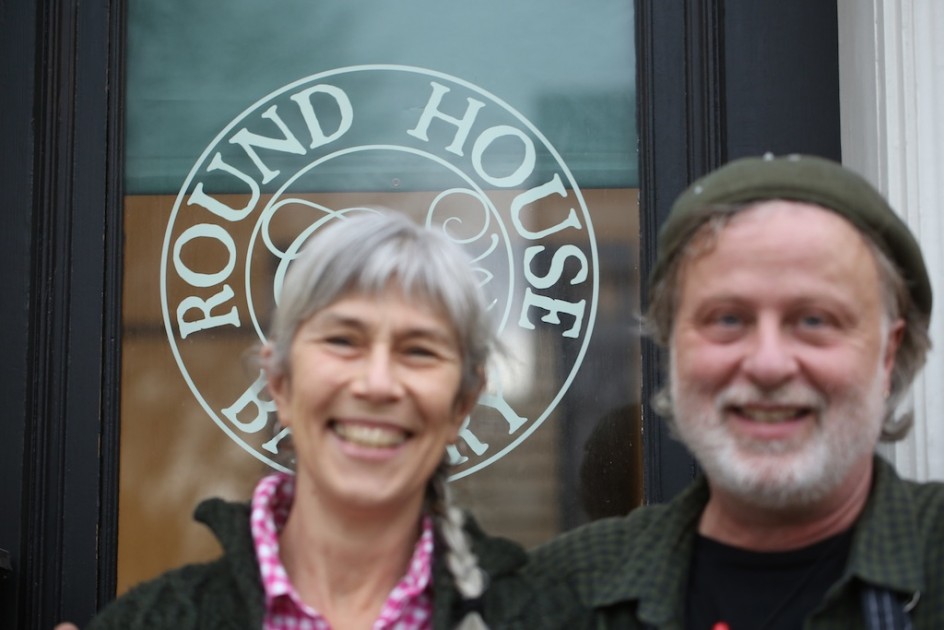
Scott and Lisa Carrino have been working on behalf of community almost all of their adult lives, never harder or more successfully than when they started the Round House Bakery And Cafe in 2013. They had been building community at their Pompanuck Farm retreat and environmental center, in their camps and programs for kids, in their passion for making and selling healthy bread and food. Building community in the rural world is their life and work.
They have committed themselves to making good and healthy food, and serving people in any way they could. The Round House Cafe is their life’s dream.
Like so many small towns in rural America, Cambridge has seen a lot of institutions and businesses leave for the new global economy, but few have come in. The small community hospital is gone, so is our independent pharmacy and a number of factories and businesses, sacrificed by economists and politicians.
Family farms are fighting for their lives. Good jobs are scare.
Scott and Lisa rented a beautiful old bank building in town and took the leap of faith by opening a cafe in the old bank. They opened the Round House Bakery And Cafe. Scott is a close friend of mine, as many of you know, and I have watched him and Lisa work brutally long hours and build their community cafe every hard and challenging day. Exhausted, they have never wavered, never lost their good humor and passion for hospitality.
They offer talent nights, music, readings. Local artists can sell their work in the cafe, musicians can play and sing there. High school kids come to sing, the cafe is the town’s heartbeat now, a place where we can all see, meet and talk with one another. The food is delicious, healthy and widely acclaimed.
The cafe is successful, a minor miracle in itself. It is in just a couple of years the soul of the town, a gathering place for so many people as well as a warm and inviting restaurant. It is central to me and to Maria, it is a lifeline for us. Their warm and wonderful soups have gotten me through several winters.
This week, the cafe finds itself in a crossroads. Their landlord has put the building up for sale. Scott and Lisa need help to buy it. They always planned to purchase the building, but do not have the funds to buy it right away. They started their business with credit cards and have worked fiendishly hard to build their business and pay down their debt. Cambridge is a small town, it is very committed to the Round House, but there are not a lot of us, and not too many with a lot of money.
Lisa and Scott are at a crossroads, they need help to buy their beautiful old building, right in the center of town. They will launch a crowdsourcing campaign on gofundme sometime in the next week, they will ask local people and outsiders to help them if they can, and to strike a blow for the idea of community. They are deciding now on the amount to request.
Rural life has been abandoned by the people who run the world and are supposed to serve all, not just a few. Small towns everywhere have been ravaged by globalism, the flight of business, the decline of family farming, the scarcity of good work. Many of you have followed the rise of the Round House Cafe on this blog, some of you have come to meet Scott and see for yourself. If you believe in community, this is your issue, your fight. The Round House needs to stay.
Our sense of connection and community needs to be saved. So does yours.
We have become a community around this blog, and as you know, I would never endorse a project that was not unequivocally worthy. It is an individual choice, there is no pressure to give anything. But small amounts – $5 and $10 will be as valuable as bigger amounts. If you can give, give what you can.
Crowdsourcing is miraculous in that way. If a lot of people give even a small amount, it can work. It is the most democratic kind of fund-raising ever devised. You get to decide what you will support.
I want to emphasize that the Round House has not failed, it is successful, just about over the rough hump of any new business. Scott and Lisa could not have worked harder, done more, made better food, helped more people. With the help of other good people, they can do this and so many people will benefit from it.
I endorse this campaign and will do everything I can to support it, Scott is my friend, but I am a devoted resident of this town of Cambridge. It is place that has welcomed me and Maria and nourished us, and we will do anything we can to give something back. Cambridge cherishes community and will fight for it.
I’ll post the details of the project when Scott and Lisa launch it, and I am very optimistic about it, this is a worthy cause. If any of you can help, it would be selfless and appreciated. We all value community, we all need to help one another keep community in our lives, it is struggling almost everywhere.
The Round House does things for community that box and chain franchises will never do. As with book stores like Battenkill, people everywhere are waking up to the need for community, it is the glue that holds us together. This is a universal issue and struggle, not just a local one. Scott and Lisa are beautiful people, they have devoted their lives to serving and helping, they have worked themselves to the bone to get the Round House up and running, and they have succeeded.
It would be a travesty if their work and commitment and good deeds were undone by this sudden and unforeseen circumstance. I’ll post more about it and thanks for reading this. I believe the gofundme will go up next week sometime. Stay tuned.

